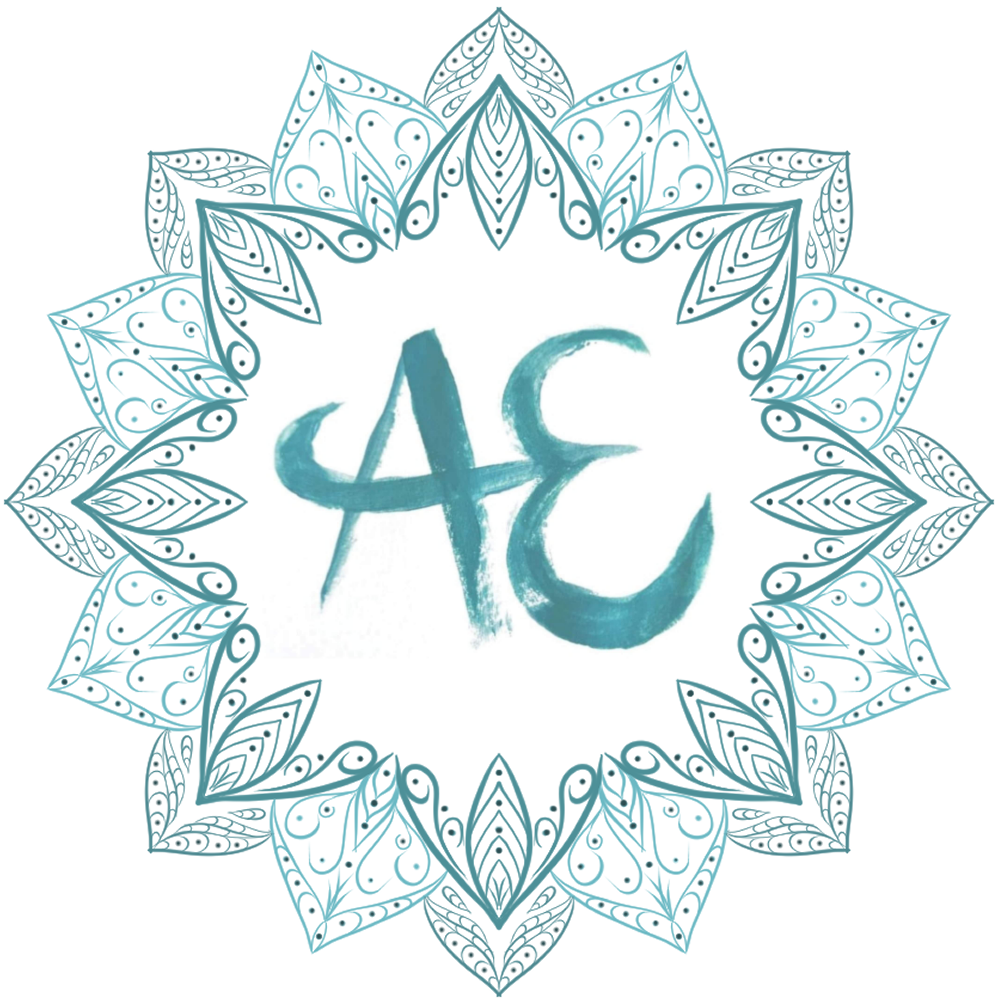Welcome to learning about how reflexology can support people through the menopause. First, back in April 2023 I wrote a blog about the menstrual cycle and the menopause. Here we included some of the basics, so do consider reading this in advance of continuing to the content below.
To be clear, anyone with a womb can have a menopause and so this includes but is not limited to biological females, women, non-binary individuals and more. This information is relevant to everyone, including those without a womb.
Stages of Menopause
Next, it’s important to define the stages of menopause, as this will help is understand what the menopause actually is. So, there are three stages: the perimenopause, the menopause and the post menopause.
The Perimenopause: Consider this, peri (before), meno (menstruation), pause (stops). This is when the supply of eggs is reduced and periods become more erratic. Some symptoms can start to appear at this time. Symptoms can be heavy periods, mood swings, temperature fluctuations and more. It’s crazy but the perimenopause can last up to 10 years. You can still get pregnant during this time.
The Menopause: This is the final menstruation and so menstruation stops. The menopause is a time that is really hard to specify because when do you know its actually your last period, if you periods are erratic? So, after 12 months of no periods, you can confirm you have been through the menopause.
The Post-Menopause: Sadly, symptoms don’t just stop 12 months after your last period. They might continue for another 5 years or more!
Interestingly, at one time, humans may not have lived long enough to be able to experience the menopause due to shorter life expectancies! Early menopause, in this era, can happen for many reasons including a hysterectomy or because of having chemotherapy, or even because genetically in your family you have fewer eggs. Typically the menopause will effect people between the ages of 45-55. In China, the menopause is known as the ‘second spring’ which is associated with a new sense of purpose and the possibility of growth. However, in other countries it can be a factor in depression and anxiety.
The key hormones in the menopause are oestrogen, progesterone and testosterone (all of which are produced by the ovaries). Production becomes erratic, leading to the symptoms experienced and then the body adapts and finds a base line. As described briefly in the previous blog, men can also experience menopausal symptoms, however this might be more linked to the experience of a midlife crisis, even though testosterone drops by about 1% each year following the age of 40-ish.
Reflexology and the Menopause
Just as with reflexology for fertility and maternity, there are a number of suggestions a reflexologist can make about diet and lifestyle. Some people choose to take vitamins which can help but it might be worth considering which ones are of most use to you. For example, calcium, vitamin D and B vitamins. However, its worth thinking what you know about your body and medical advice before moving forwards with this. What might be more important is that wonderful diet where you will get all of these important nutrients anyway. Soy is often discussed as something to help with symptoms - there is some evidence out there, but it’s limited.
In terms of the actual treatment, your reflexologist should be working out what symptoms you are experiencing. For example, is your sleep affected, are hot flushes bothering you, do you get headaches, or vaginal and urinary issues? There is so much that can go on for an individual and once you have had that thorough consultation, your reflexologist can target the reflexes linked to these symptoms. Almost always, the pituitary and ovaries reflexes will be worked, as these link to core hormones that might be out of whack. If you have urinary issues, it is likely the kidneys and bladder reflexes will be worked. Your treatment will be unique to you and your symptoms. Whilst it is not possible to pause or reverse the menopause through reflexology, the treatment itself can be very relaxing and help one process the changes through management of symptoms. My teachers anecdotal experience is that she could actually stop a hot flush as it was coming on by applying reflexology to herself! Whilst this is one experience and may not be replicated with others, it shows the power of reflexology! Reflexology can be psychologically challenging for some, and so treatments could help with this side of things.
Thank you for reading! If you have any comments or recommendations, contact me via the details on the contact page.
References: Most of this information has been summarised from the sheets provided by Calming Influences on my CPD training. Some of the information is from my own previous learning or experience.

